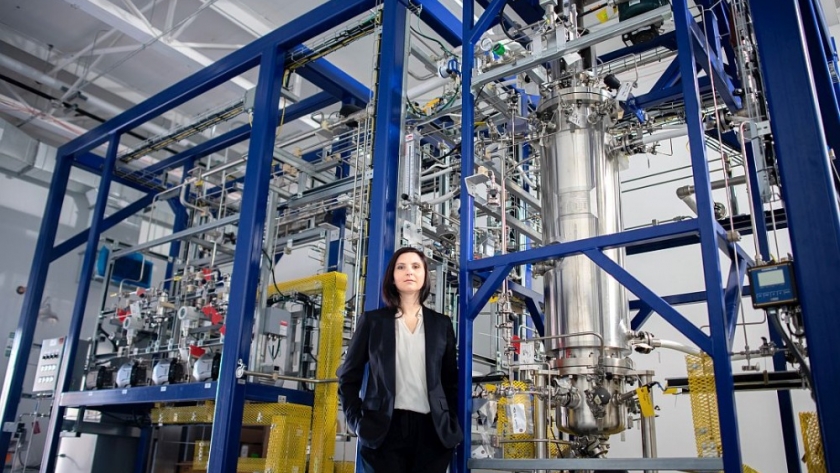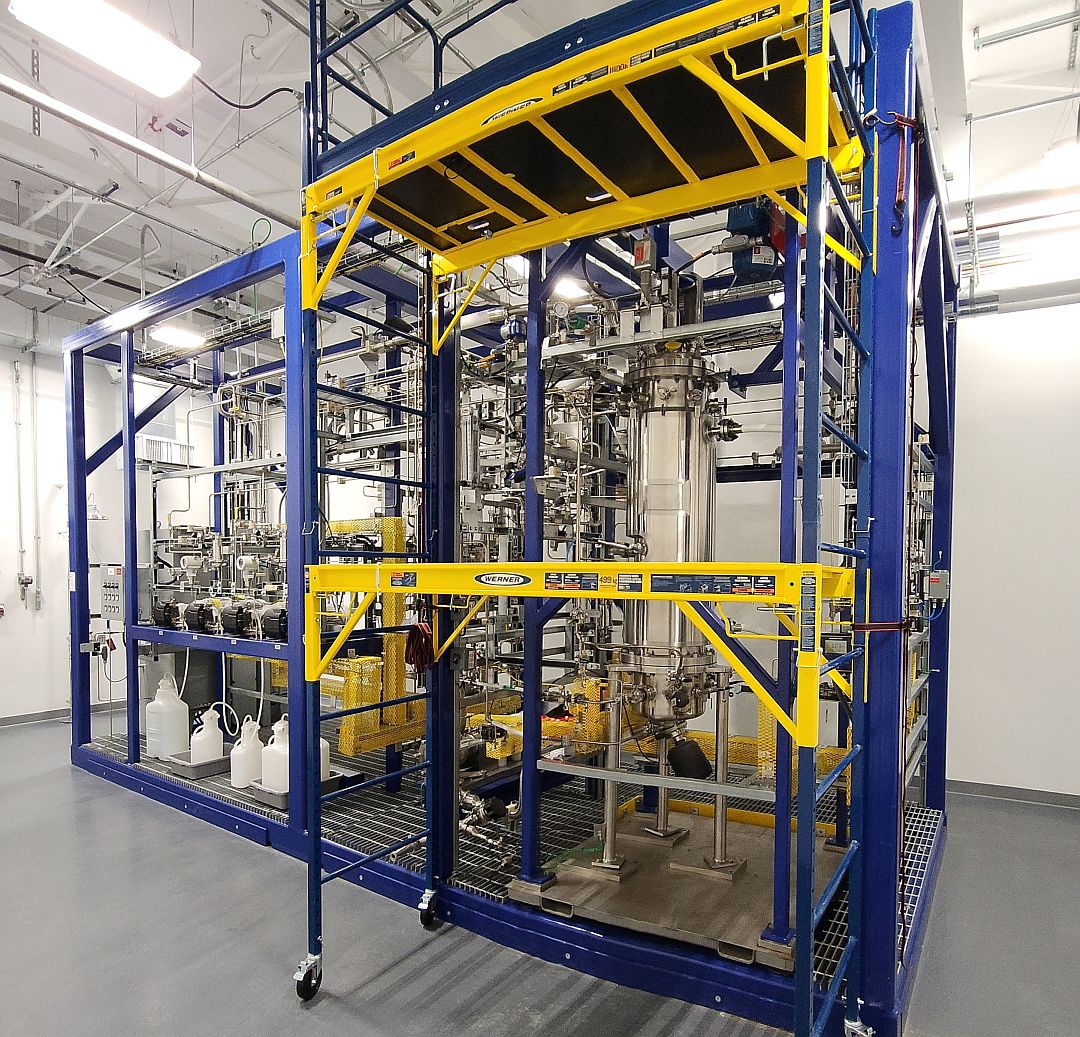
By Agroempresario.com
Gas fermentation is an emerging technology that promises to reshape the production of alternative fats. This groundbreaking approach uses carbon dioxide, hydrogen, and oxygen to feed genetically engineered microbes capable of creating sustainable fats that mimic animal fats and tropical oils like palm and coconut oil.
Currently, most startups producing alternative fats rely on sugars as a feedstock. However, this method is costly and requires significant agricultural land. Enter Circe, a Cambridge, Massachusetts-based startup that utilizes gas fermentation—a process completely decoupled from agriculture. According to Dr. Shannon Nangle, co-founder of Circe, this technology could economically compete with traditional fats such as butter, palm kernel oil, and cocoa butter.
Circe was founded in 2021, spinning out of Dr. Shannon Nangle’s postdoctoral research at Harvard University’s Pam Silver Lab. From the outset, the goal was to develop a technology that could transform basic materials like CO₂ into essential products with extreme efficiency—even in outer space. “I always dreamed of creating a replicator like the one in Star Trek,” Nangle shares.
Gas fermentation has the potential to turn CO₂, a harmful waste product for the environment, into useful and sustainable fats. This method offers several advantages over sugar-based fermentations:
Circe employs an aerobic microbe—a type of bacterium that requires oxygen to grow—setting it apart from anaerobic processes used by startups like LanzaTech. This genetically engineered microbe converts gases such as CO₂, hydrogen, and oxygen into triglycerides that resemble animal fats or tropical oils.
While the long-term goal is to use renewable sources like green hydrogen and atmospheric CO₂ capture, Circe currently relies on more cost-effective sources, such as gases from ethanol refineries. Additionally, water use is minimal, with up to 95% being recycled during production.
Circe has built a pilot plant in Waltham, Massachusetts, specifically designed to explore different modes of gas fermentation. This cutting-edge facility can test technologies like bubble columns, loop reactors, airlift systems, and stirred tanks, ensuring flexibility and efficiency in production.

The company’s next step is to construct a demonstration-scale plant with a production capacity of 150 tons per year. To achieve this, Circe is seeking commercial partners willing to commit to large-scale purchases to justify the infrastructure investment.
Although directly competing with crude palm oil is not economically viable, Circe’s technology is drawing significant interest for its ability to produce specific palm oil fractions and dairy fats. These fats have potential applications in food, cosmetics, and industrial products, offering a more sustainable and ethical alternative.
The process also boasts a strong safety profile, with well-established protocols for handling flammable gases like hydrogen. According to Nangle, reactor design focuses on maximizing the interaction between gases and microbes, ensuring a safe and efficient operation.
Regarding regulation, Circe must demonstrate that the triglycerides produced are chemically equivalent to those naturally found in food, simplifying the approval process. For labeling purposes, these fats will likely be marketed under terms such as “cultured oil.”
Importantly, the final product contains no traces of the genetically engineered microbes used in the process, allowing Circe to avoid bioengineered labels in markets like the United States.
Gas fermentation represents a unique opportunity to tackle global challenges such as climate change and food security. However, the success of this technology depends on proving its economic viability and attracting investors and commercial partners who share the vision for a more sustainable future.
As Nangle concludes, “I’m not worried about whether the technology will work. My concern is whether we can survive long enough to prove it works at scale. We need financial partners who believe in the mission and its potential.”
With the right support, gas fermentation could become a cornerstone of the circular economy, turning waste into valuable products and paving the way for a more sustainable world.
